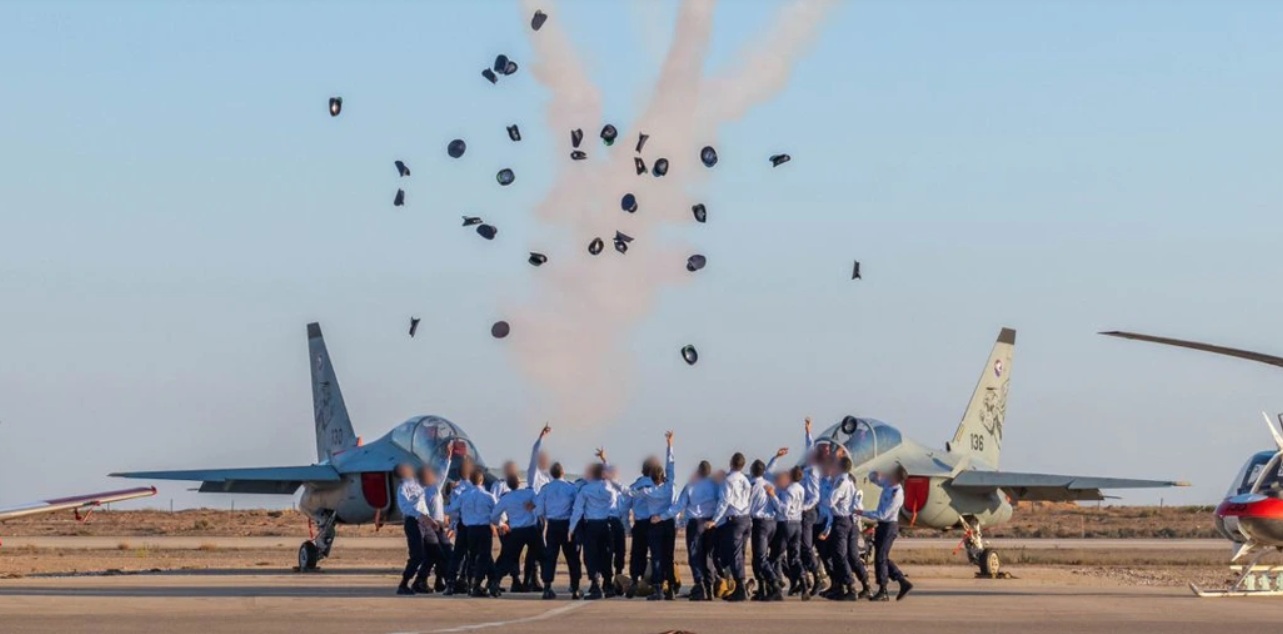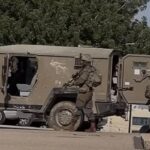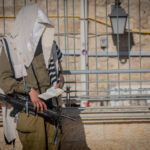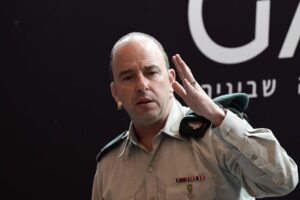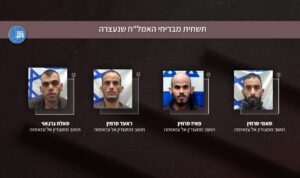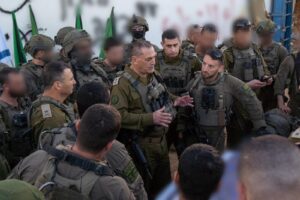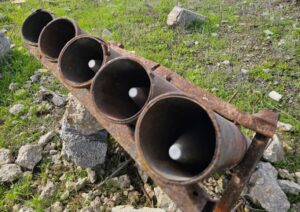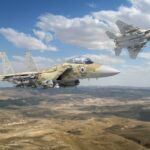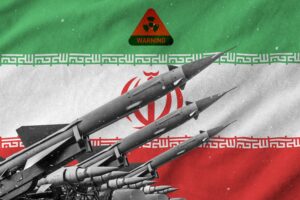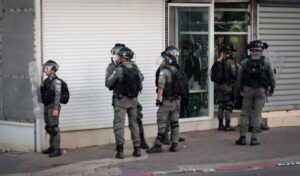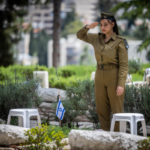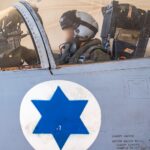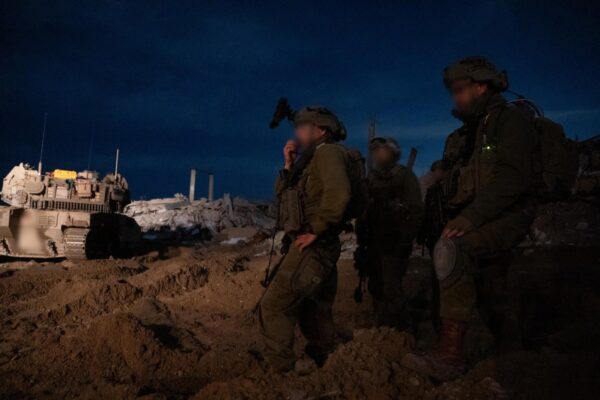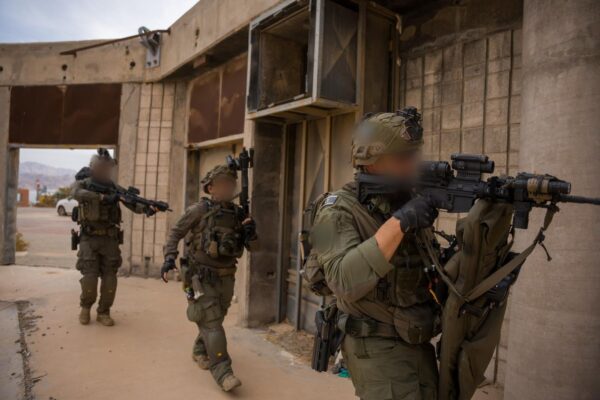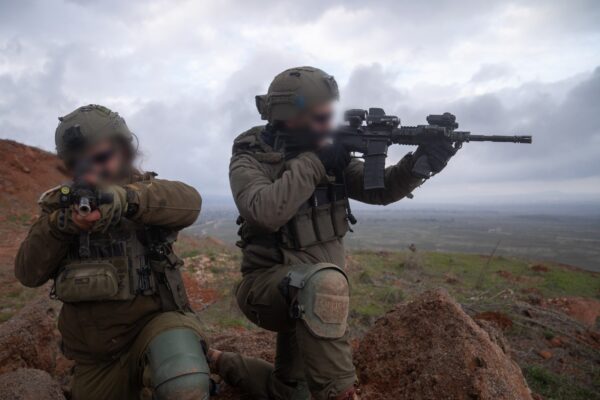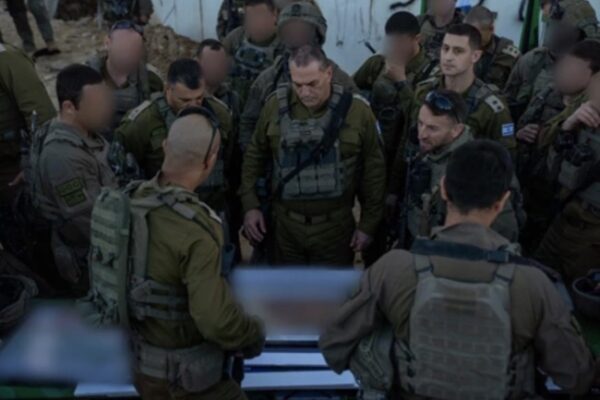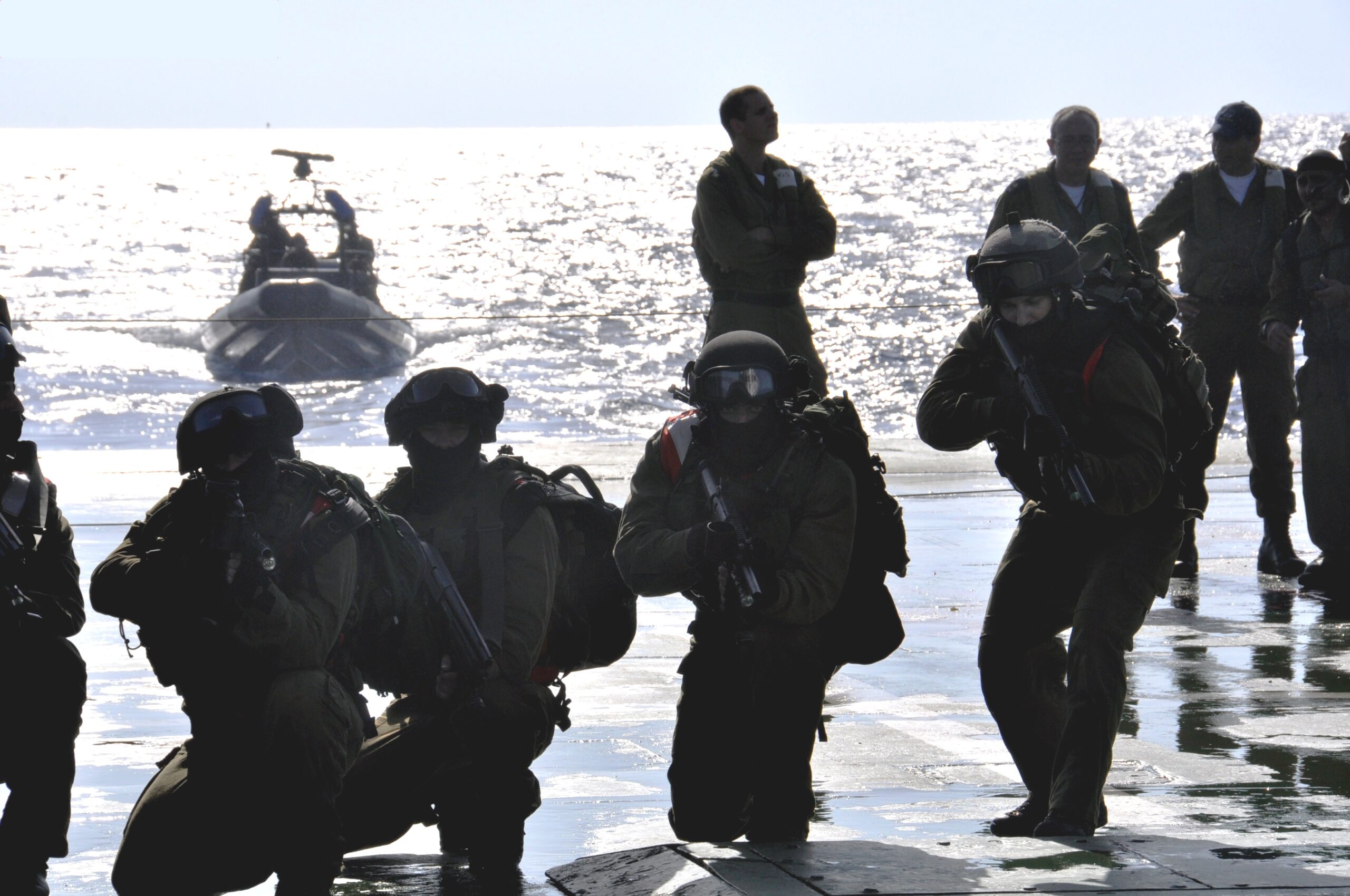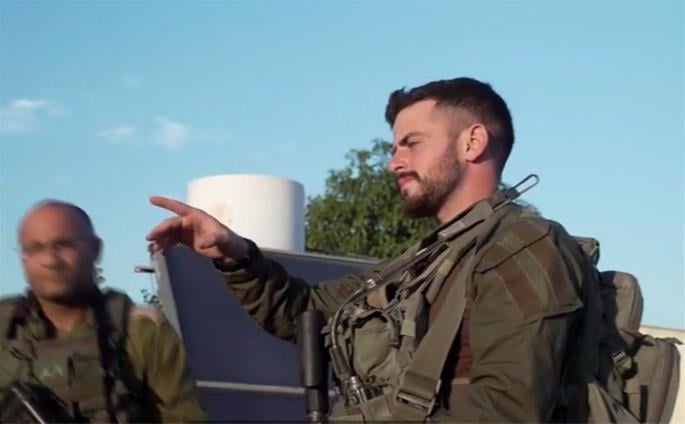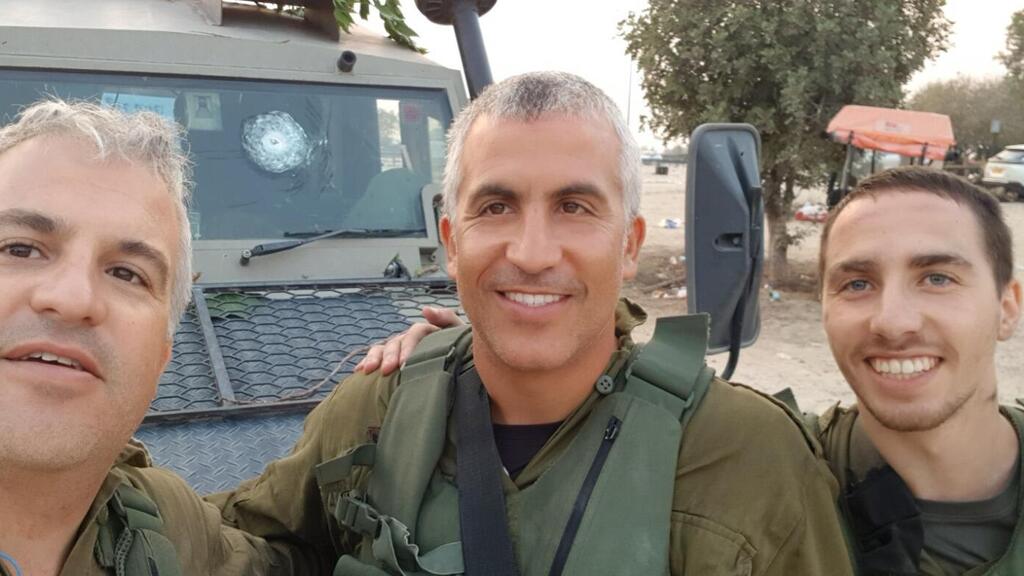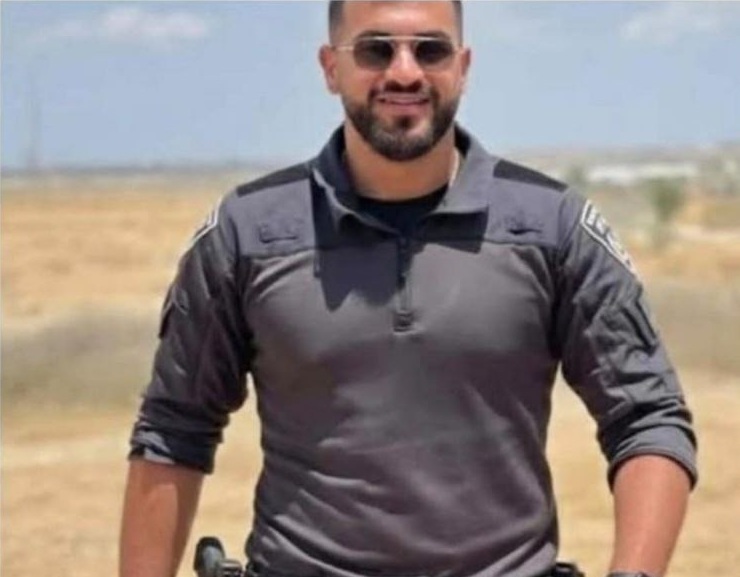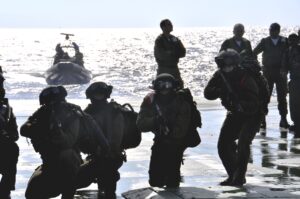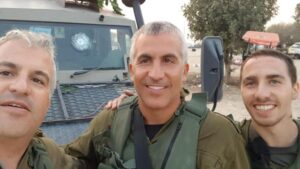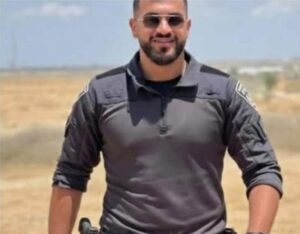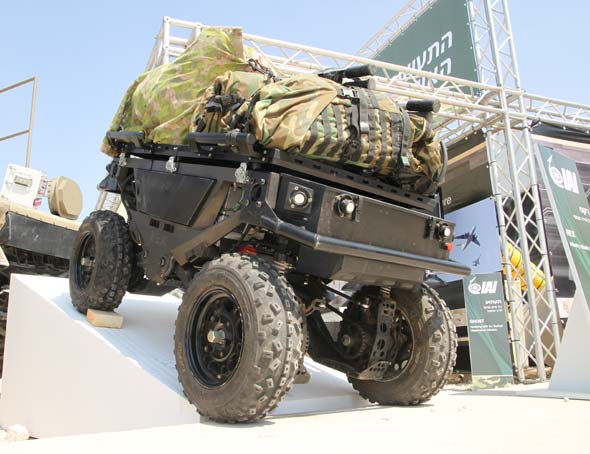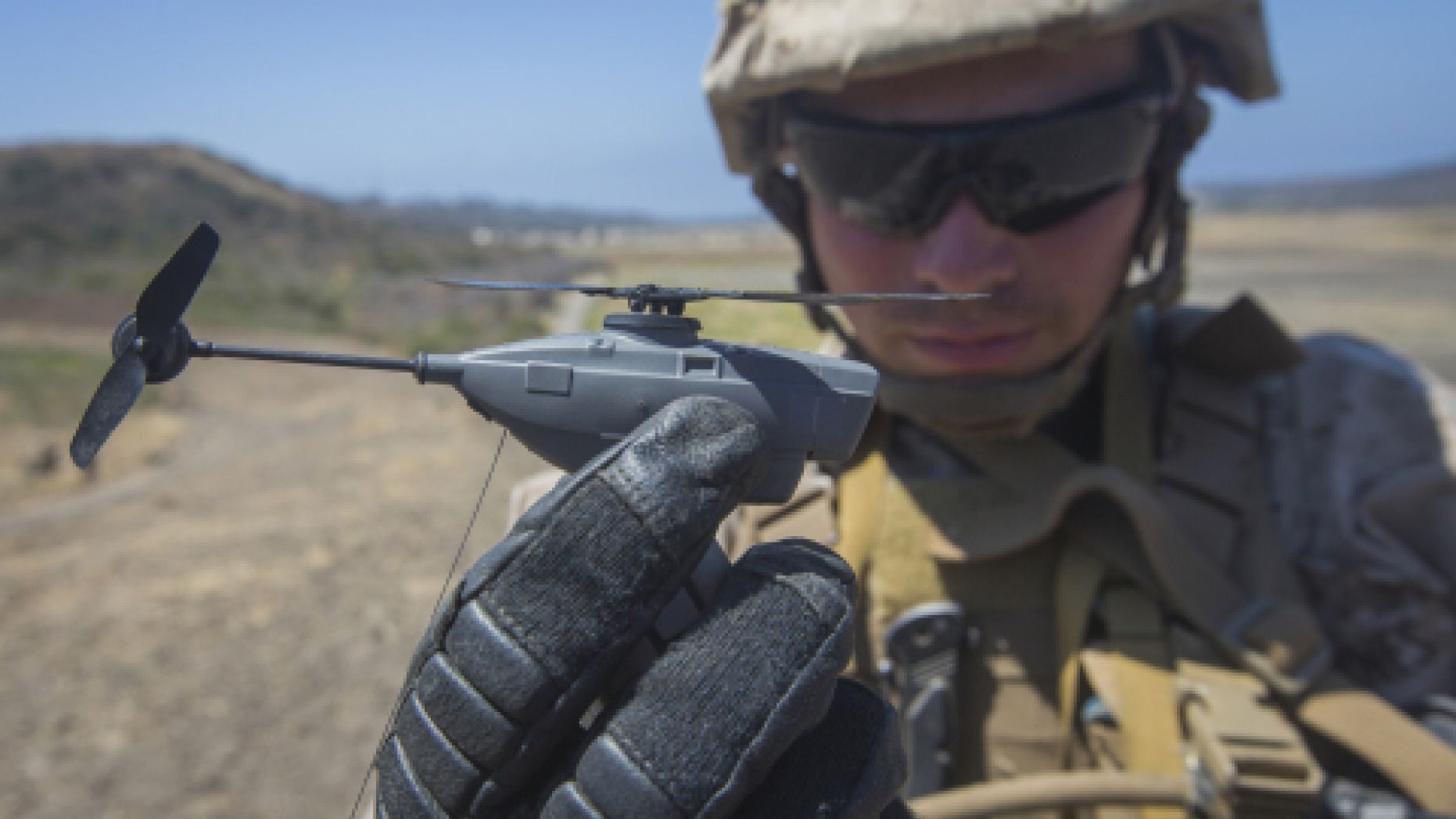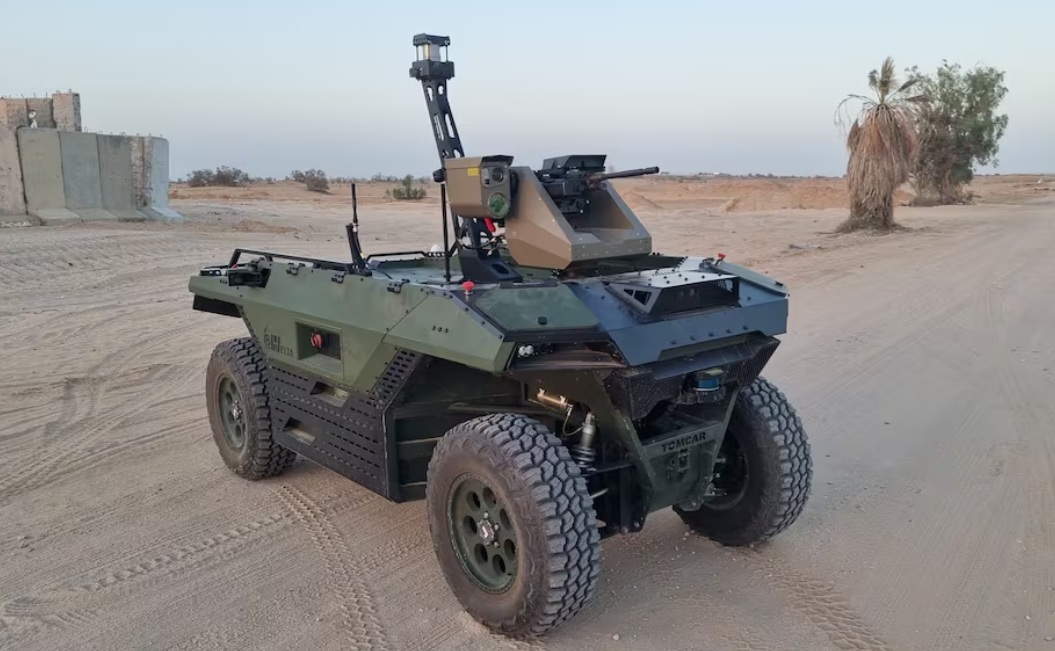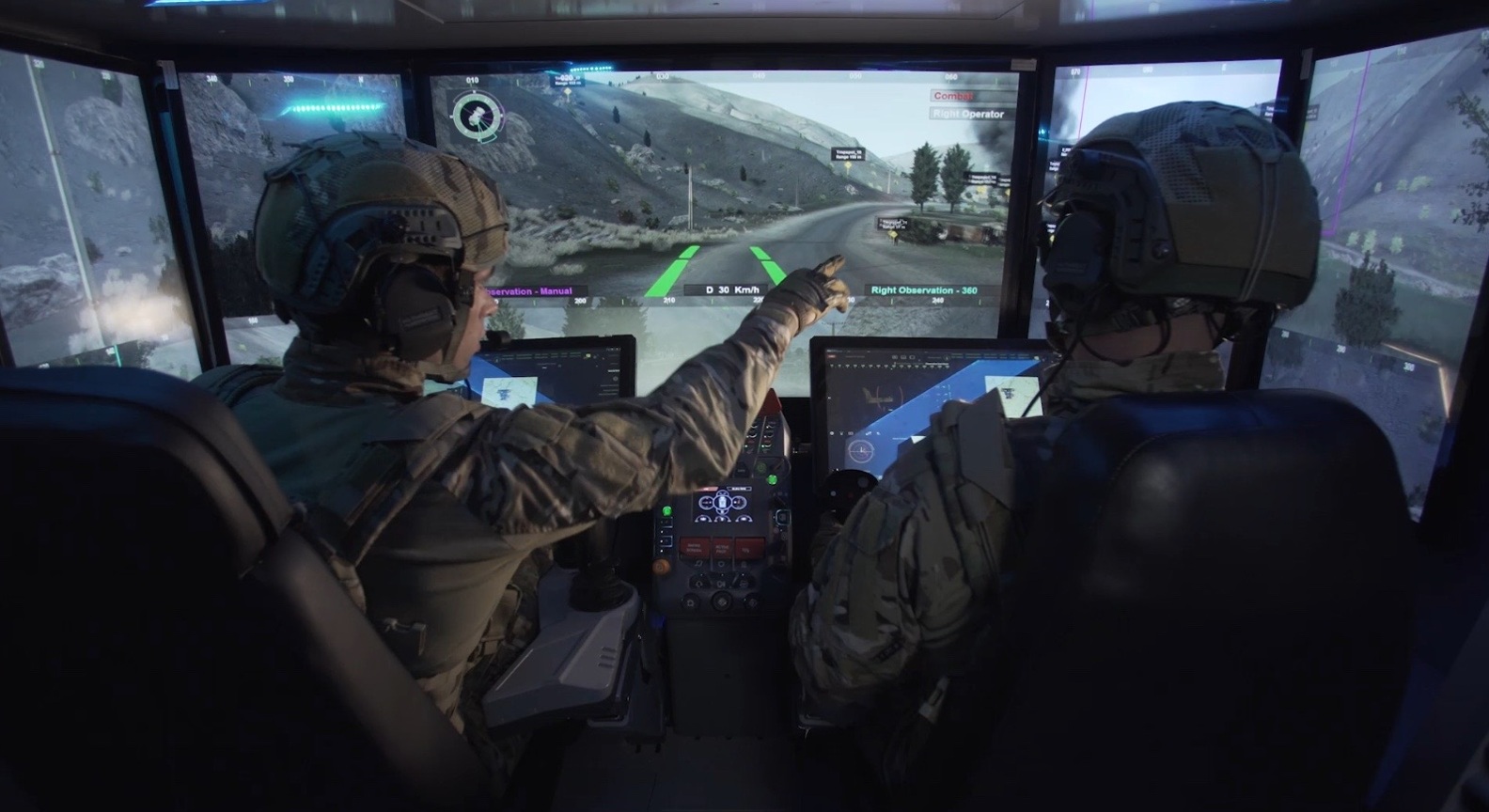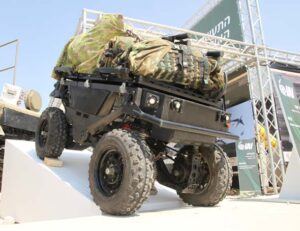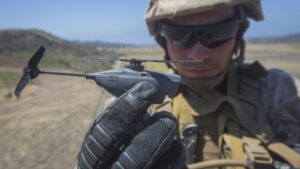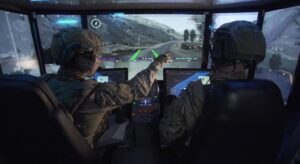Out of 1000 applicants – only 16 become full-fledged pilots.
By Hezy Laing
Becoming a pilot in the Israeli Air Force (IAF) is widely regarded as one of the most elite and demanding paths in the IDF.
It’s not simply a matter of learning to fly—it’s a journey that tests physical endurance, mental resilience, and leadership under extreme pressure.
The process begins even before enlistment, with a rigorous selection system that filters out all but the most capable candidates.
Those who aspire to fly must pass medical screenings, cognitive tests, and psychological evaluations.
Gibush
This is followed by a grueling week-long trial known as “Gibush.”
This phase challenges candidates with sleep deprivation, isolation, and constant performance assessments, designed to reveal not just skill but character.
Each year, approximately 1,000 to 1,500 candidates participate in the five-day Gibush.
This number reflects the intense interest and prestige surrounding the pilot program, which is considered one of the most selective and demanding tracks in the IDF.
The Gibush is designed to filter out all but the most capable and resilient individuals. Out of those who participate, only about 10–15% are accepted into the three-year pilot training course.
Candidates are evaluated on physical endurance, cognitive ability, emotional resilience, leadership, and adaptability.
The process is not just about performance—it’s about character.
The IAF uses this grueling week to identify individuals who can handle extreme pressure, make split-second decisions, and work effectively in high-stakes environments.
The Gibush remains a rite of passage for Israel’s future aviators, and its reputation for rigor ensures that only the most exceptional candidates move forward.
Pilot Training
Those that pass the Gibush are accepted into the IAF’s prestigious Pilot Course, held at Hatzerim Airbase near Be’er Sheva.
The course spans three years and includes academic studies that culminate in a bachelor’s degree from Ben-Gurion University.
Alongside their education, cadets undergo intensive flight training across various aircraft platforms, including fighter jets, helicopters, and transport planes.
They also receive tactical instruction, survival training, and combat theory, preparing them for the multifaceted demands of aerial warfare.
But even among those accepted to the course, only one in six typically completes the full program and earns their pilot wings.
That means that out of 1000 candidates only 16 will become pilots!
The psychological toll of the course is immense.
Cadets are constantly evaluated and pushed to their limits, with many dropping out not due to lack of skill but because of the relentless pressure.
Those who persevere emerge not only as pilots but as officers and leaders, earning the rank of lieutenant and committing to seven additional years of service.
The IAF doesn’t just produce aviators—it shapes individuals capable of making split-second decisions in life-or-death scenarios, often under fire.
The experience is transformative.
Graduates of the Pilot Course often describe it as the most intense and formative period of their lives.
It’s a crucible that forges warriors of the sky, instilling discipline, courage, and a deep sense of responsibility.
For those who dream of flying for Israel, the path is steep—but the reward is soaring above the clouds, defending the nation with unmatched skill and honor.


